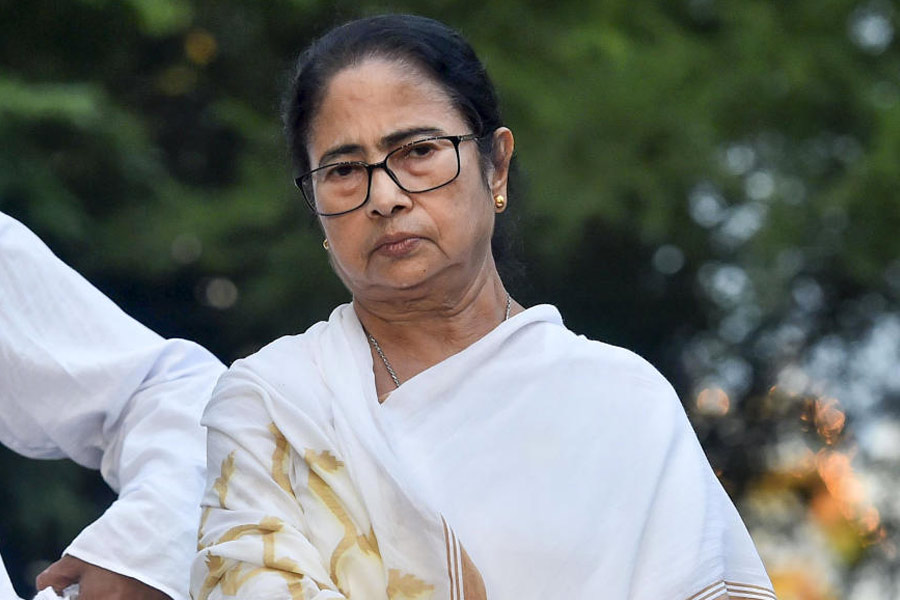Union Minister for Women and Child Development, Annapurna Devi, has again called on West Bengal Chief Minister Mamata Banerjee to expedite the establishment and operationalisation of Fast Track Special Courts (FTSCs) dedicated to handling cases of rape and those under the Protection of Children from Sexual Offences (POCSO) Act in the state.
In a letter dated August 30, Devi highlighted concerns over the state's existing Fast Track Courts (FTCs) and urged the chief minister to ensure that justice is served swiftly and efficiently for victims of heinous crimes.
The union minister referenced a previous letter sent on August 25 where she had stressed the importance of stringent legislation and exemplary punishment for crimes like rape and murder.
Responding to a subsequent communication from Banerjee, Devi pointed out that while West Bengal has established 88 FTCs, these are not the same as the FTSCs recommended under the Central Government's scheme.
She noted that the FTCs in the state handle a broad spectrum of cases, including civil disputes, rather than being exclusively dedicated to rape and POCSO cases.
Devi further emphasised the significant backlog in the state's justice system, with over 81,000 cases pending in the FTCs as of June 30, 2024. She expressed concern that the state has yet to operationalise an additional 11 FTSCs to meet the increasing demand, despite a backlog of 48,600 rape and POCSO cases.
The minister described the information provided by the state regarding these courts as inaccurate and indicative of an attempt to cover up the delay.
In her letter, Devi also addressed the issue of staffing in the FTSCs, reiterating that existing guidelines clearly prohibit the permanent assignment of Judicial Officers to these courts. She clarified that FTSCs are meant to be staffed by judicial officers who work exclusively on cases of rape and POCSO Act offenses, underlining that no permanent posting should be made for such positions.
Reaffirming the Central Government's commitment to combating crimes against women, Devi mentioned that the Bharatiya Nyaya Sanhita (BNS) already prescribes stringent punishments, including a minimum of 10 years of rigorous imprisonment for rape, extendable to life imprisonment or even the death penalty depending on the severity of the crime.
She also highlighted provisions in the Bharatiya Nagarik Suraksha Sanhita (BNSS) for the timely investigation and trial of such cases, including mandatory forensic examinations within two months of the crime.
Devi concluded her letter by urging the West Bengal government to fully implement the central legislation and take proactive measures to ensure the proper handling of cases.
She emphasised the importance of creating a safe and gender-equal society for women and girls, free from violence and discrimination.
The letter underscores the ongoing tension between the Central and the State governments on the handling of sensitive and critical criminal cases, particularly those involving women and children.
Except for the headline, this story has not been edited by The Telegraph Online staff and has been published from a syndicated feed.











